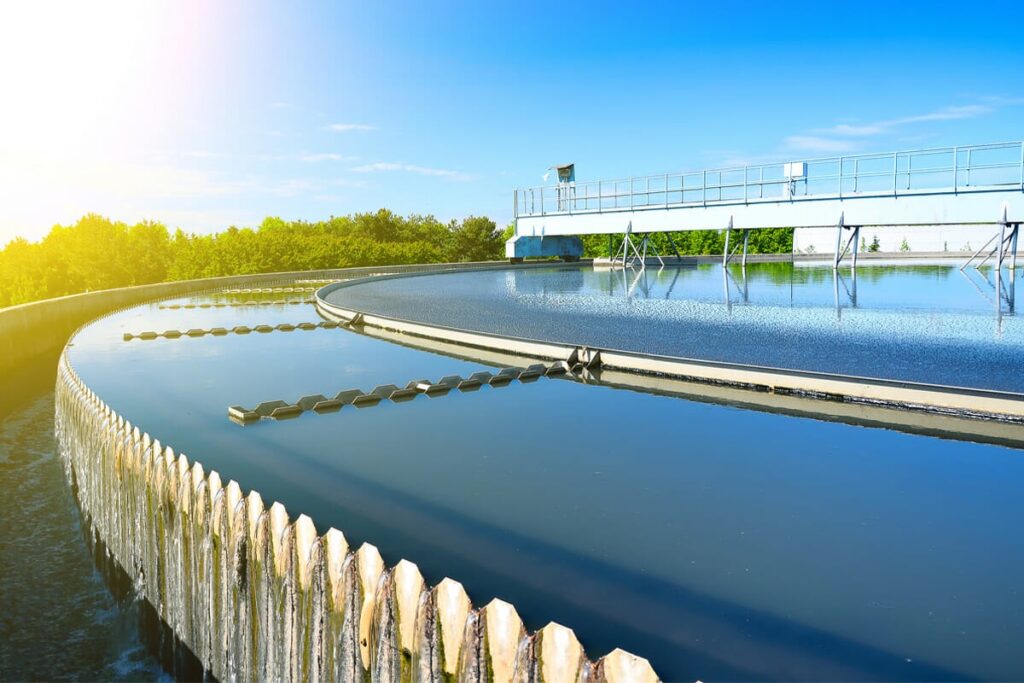
Introduction
Clean, safe drinking water is a cornerstone of a healthy society. But, unfortunately, water sources can become contaminated due to natural processes and human activities. This is where water treatment steps in to purify and make water suitable for consumption.
The Importance of Water Treatment
Water treatment is essential for several reasons. Firstly, it eliminates disease-causing microorganisms, preventing waterborne illnesses. Secondly, it removes chemical pollutants that can be hazardous to human health over the long term. Without proper treatment, these contaminants could pose significant risks to communities.
Common Water Contaminants
Water can be tainted by various contaminants, including microorganisms like bacteria, viruses, and parasites. Chemical pollutants, such as heavy metals and industrial chemicals, also find their way into water sources. Additionally, sediments and particles can cloud water and make it unpalatable.
Water Treatment Methods
Water treatment involves multiple stages to ensure thorough purification. Coagulation and flocculation aggregate impurities, sedimentation settles them down, and filtration further removes remaining particles. Disinfection then eradicates remaining microorganisms, making the water safe to drink.
Advanced Water Treatment Techniques
In addition to conventional methods, advanced techniques like reverse osmosis, UV purification, and ozonation are employed. Reverse osmosis employs a semi-permeable membrane to eliminate even the smallest contaminants. UV purification uses ultraviolet light to kill microorganisms, while ozonation breaks down pollutants through oxidation.
Municipal vs. Household Water Treatment
Municipal water treatment plants cater to large populations, ensuring the water that reaches homes is safe. However, individuals using well water or residing in remote areas must take responsibility for their water treatment systems.
Ensuring Safe Water in Rural Areas
Rural communities often face challenges in accessing clean water. Implementing suitable treatment systems in these areas is crucial for their well-being. Simple methods like boiling, using filters, and adding disinfectants can make a significant difference.
The Role of Regulation and Monitoring
Government regulations play a vital role in maintaining water quality standards. Regular monitoring of water sources and treatment processes helps ensure compliance and timely corrective actions.

